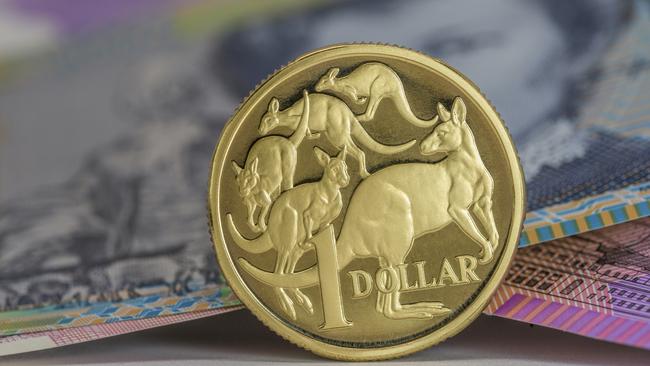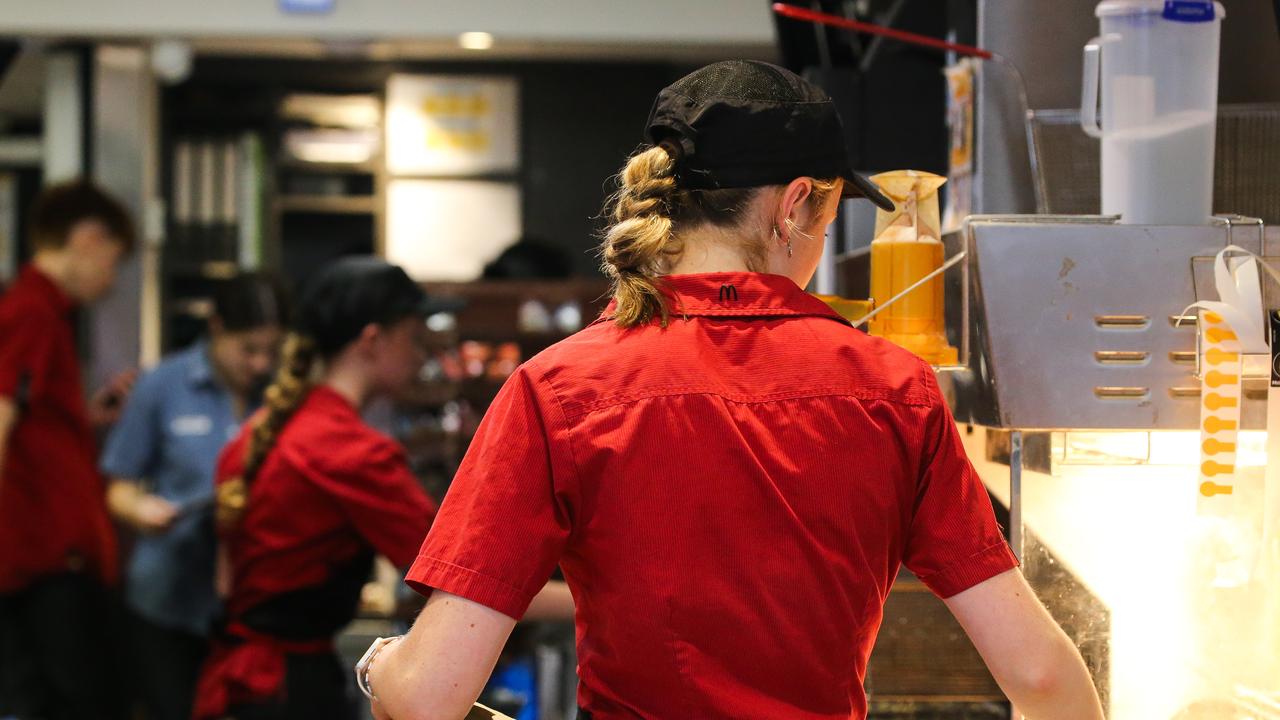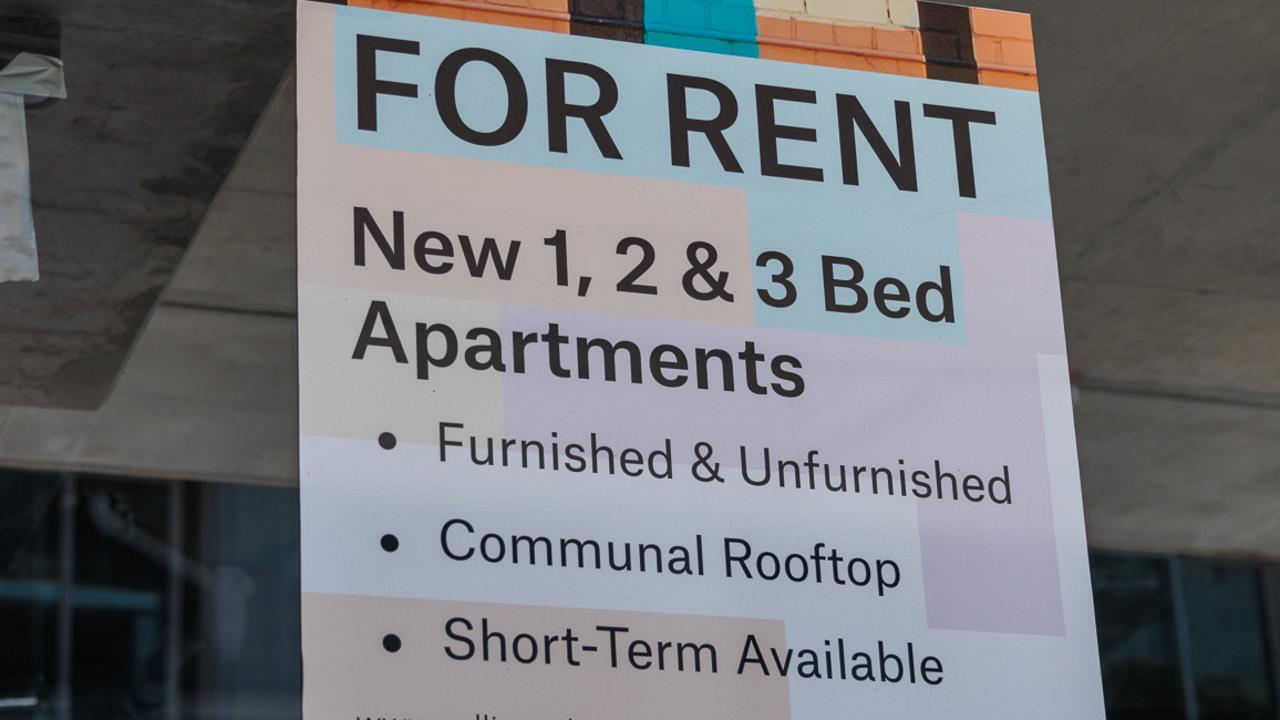Economic equality could cost each Australian $500 a year
THERE is a growing gap between the rich and poor in Australia. And it could soon be costing you $500 a year, according to a new report.

IF YOUR latest wage rise was so small it left you convinced others must doing better, you probably are right.
Economic inequality is growing and its most serious consequence is not just to your pay packet. It’s affecting the entire nation’s well being, according to a high-powered report today.
Inequality is reducing economic growth and this could cost every Australian $500 a year each unless it is checked, said the report Inequality — the hidden headwind for economic growth, by the Inclusive Prosperity Commission of the Labor-aligned Chifley Research Centre.
It said the gap between rich and poor was restricting prosperity and the loss could be greater than the gains expected from the trade agreements with Japan, China and Korea combined.
The report, which includes former Labor Treasurer Wayne Swan among its authors, will influence how the Opposition deals with Prime Minister Malcolm Turnbull’s bid to hack back spending and give business significant tax cuts.
“The evidence is in: trickle-down economics fails not only the fairness test but the growth test,” said Mr Swan referring to the proposed business tax cuts worth some $50 billion over 10 years.
“We need inclusive prosperity where everyone benefits when the economy grows and where economic growth is stronger because everyone is involved in producing it.”
The report said the fight against economic inequality had to include greater access to “quality education”, measures to encourage more women into the workforce, and “affordable health care”.
It also calls for “reforms to negative gearing on property, capital gains, superannuation and international tax that create the space for a reduction in effective tax rates on middle — and low -income workers — increasing take-home pay and preserving incentives to work and invest in the real economy.”
Inequality already was hurting the economy as middle-income households curbed their spending, said Chifley Centre executive director Michael Cooney.
“Inequality has been rising in Australia: real wage growth is slow, houses are harder to afford, some kinds of health care are more expensive than ever, and education funding is inadequate and poorly targeted,” Mr Cooney said.
The expansion of the gap was paused by the stimulus spending during the global financial crisis, but has returned and ordinary families have less to spend, which is hurting the economy.
“Lower and middle-income earners have a much higher marginal propensity to consume. In other words, they spend more of their income,” said Mr Cooney.
“By giving them a lower share of income they have less money to consume in the economy.
“Second, investment opportunities in poorer segments of the population are reduced. In particular, high income-inequality restricts the ability of lower-income people to improve their knowledge and skills by investing in their own education.
“At a macro-economic level this restricts the productive capacity of the nation; it also further reduces their individual incomes over time.”
That income decline is expected to reach $500 a head within three years.
“Our ‘order of magnitude’ estimate shows that rising inequality, left unchecked, poses a serious economic risk for Australia,” said the report.
“Rising inequality will reduce the pace at which the economy can grow, damaging long-term growth prospects and even worse, negating hard won gains of successful economic policy in the past.”




